In this article
Cat and kitten vaccinations are vitally important to every cat’s health. There are various types of vaccines, such as a kitten’s first vaccine or a frequent traveler cat that needs specialized vaccines for travel. This article will look at how much cat vaccinations cost in the UK, but in general, you can expect to pay between £40 and £100 on average for initial vaccines and between £40 and £60 for boosters unless you visit a low-cost clinic.

The Importance of Vaccinations for Cats in the UK
Cats in the UK can be exposed to several preventable illnesses, and vaccines are designed to give them immunity. For kittens, these vaccines can be life-saving; some illnesses, such as Feline Calicivirus (Cat flu), Feline Infectious Peritonitis (FIP), and Feline Leukemia Virus (FeLV), are all preventable illnesses that frequently kill kittens in the UK.
Booster vaccinations are needed to “top off” your cat’s immunity to these diseases as they age, ensuring they’re fully protected. Some are given annually, but others are given less frequently (such as every 3 years).
Unfortunately, 30%-70% of cats infected with a systemic (full body) calicivirus infection will die.1 The almost universally fatal FIP causes 12% of all feline deaths. FeLV kills 85% of persistently infected cats within 3 years.
The numbers are bleak, but the great news is that these infections can be avoided using vaccines and an up-to-date vaccination schedule. Vaccinations are available for most illnesses that cats can get, with initial vaccination schedules including:
- Feline Infectious Enteritis/ FIP
- Feline Influenza (cat flu and Herpes virus)
- Feline Leukemia Virus
Other vaccinations are also available for cats considered at risk, including rabies and Bordetella bronchiseptica (kennel cough). Still, they are administered less frequently and only in specific situations, such as traveling.
An in-date rabies vaccine is needed for a cat to travel into and out of the UK.
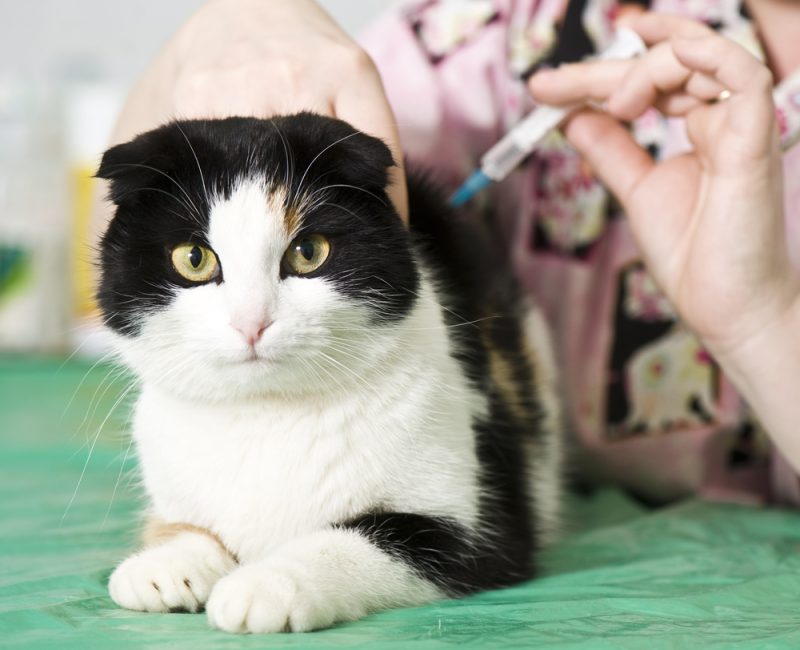
How Much Do Cat Vaccinations Cost in the UK?
Veterinarians around the UK charge different prices for kitten and cat vaccines, particularly as the pricing of veterinary services in the UK is not regulated. The price can vary due to location, such as within Britain, Wales, Northern Ireland, and Scotland, as well as in and out of the capital. Cat-only clinics only treat felines, which may be more expensive.
Some veterinary charities, such as the PDSA (Peoples Dispensary for Sick Animals) and the RSPCA (Royal Society for the Prevention of Cruelty to Animals), offer cheaper vaccinations for those with lower incomes. Currently, one-third of the UK’s cat population is unvaccinated, according to The Cat Group.2
Below is a table showing the price of initial vaccines and boosters in each part of the UK and the average price for “reduced-cost” vaccinations and cat-only clinics.
| Country | England | Scotland | Wales | Northern Ireland |
| Initial Vaccination Course (Kitten) | £44–£172 | £50–£100 | £59–£102 | £55–£75 |
| Booster Vaccinations | £40–£55 | £50–£65 | £45–£60 | £50–£60 |
The average price of initial vaccine courses and boosters from low-cost/charity clinics:
- Initial vaccine course: £20
- Booster vaccines: £18
The average price of initial vaccine courses and boosters from cat-only clinics:
- Initial vaccine course: £145
- Booster vaccination: £80
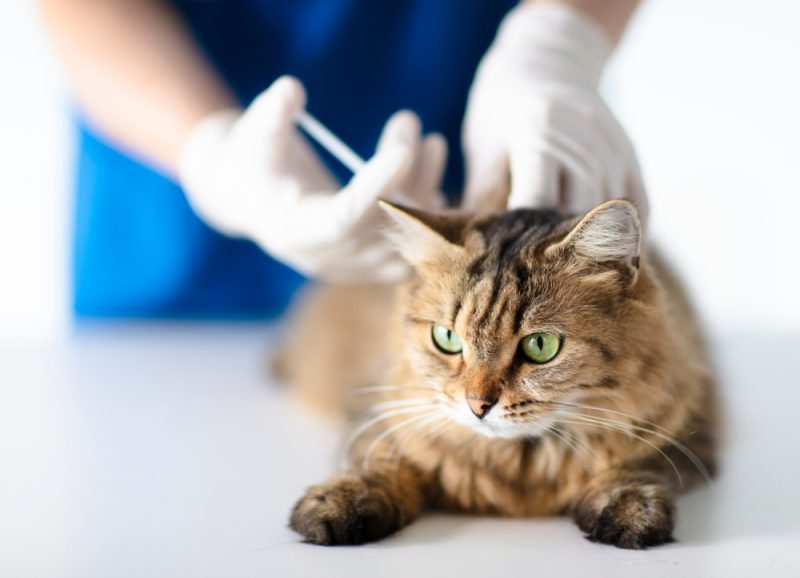
Additional Costs to Anticipate
With cat and kitten vaccinations, there are a few additional costs to consider. One cost to consider is any additional vaccinations your cat may need that aren’t in the “core” vaccination list. For example, rabies and Bordetella bronchiseptica vaccines aren’t usually prescribed to cats in the UK, but if you want to travel with your kitten or cat, you must get them a pet passport by law.
This includes the need for a rabies vaccine, which costs £65 on average. Some veterinary offices charge a consultation fee in addition to the vaccination cost, which is an average of £30, but consult fees are usually included in the vaccine cost. If owners don’t bring their cats in for boosters, they might have to restart the vaccine course.
This is because the level of immunity the cat has built up will fall too low, meaning a booster won’t be effective enough to protect them. A restart of a vaccine course is almost always priced the same as a kitten’s first vaccination course, meaning a restart of vaccines can cost much more than a booster.
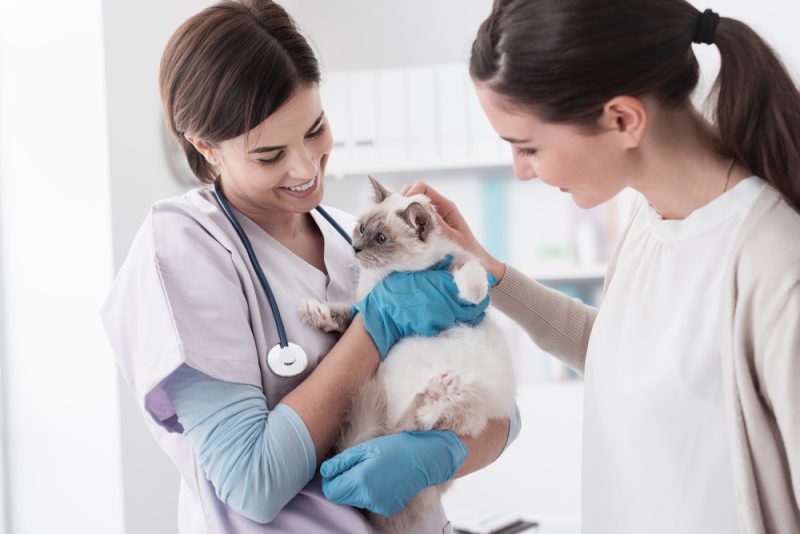

How Often Should I Get My Cat Vaccinated?
Cat vaccine schedules are debated in the UK veterinary world, and the number of people who keep their cats exclusively indoors is on the rise. 10% of cats in the UK are now considered indoor only, but most veterinarians agree that all cats need the full vaccine and booster schedule.
Cat owners can’t catch or carry these diseases but can carry the viruses on their clothes. Shoes and clothes can come into close contact with cats, meaning that even a cat that never goes outside can become infected.
It’s recommended that cats get their first vaccinations as kittens before they’re allowed outside and before they come into contact with other cats. A booster is given annually after this, as antibody levels fall over time.
Does Pet Insurance Cover Cat and Kitten Vaccinations in the UK?
Pet insurance won’t cover vaccinations in the UK, because pet insurance companies classify vaccinations as “preventative treatments.”
Most pet insurance companies provide a preventative “pet club” option for an additional fee that can cover vaccinations. However, this isn’t always offered, and if the cat owner lapses on the cat’s vaccination schedule (even by a few weeks), they may have to restart the whole course. This might void the plan and mean pet owners must pay the full vaccine price.

What to Do if Your Cat Misses Their Vaccines
If your cat misses their annual booster vaccine, what you should do next depends on how long it’s been since the last shot. For most vaccinations, a booster can be “missed” for a few months before immunity levels drop low enough not to be effective. Each veterinary practice has a protocol on how much time between boosters they allow, but 15 months and 7 days is the current cut-off point for vets in the UK.
This is temporary (usually 12 months and 7 days) due to the vaccine shortage. Most vets now offer either physical or digital reminder cards for your cat’s vaccines, so keep a lookout for those when your cat’s booster is due. Otherwise, book an appointment with your veterinarian as soon as possible.
Going over the cut-off date for boosters may result in you having to pay for a whole vaccine course again! The same is true for kitten vaccines; a specific amount of time (3 weeks) is needed between the first and second kitten vaccines. This is because of how the vaccines are designed. If you miss this window, you’ll likely have to restart the course.
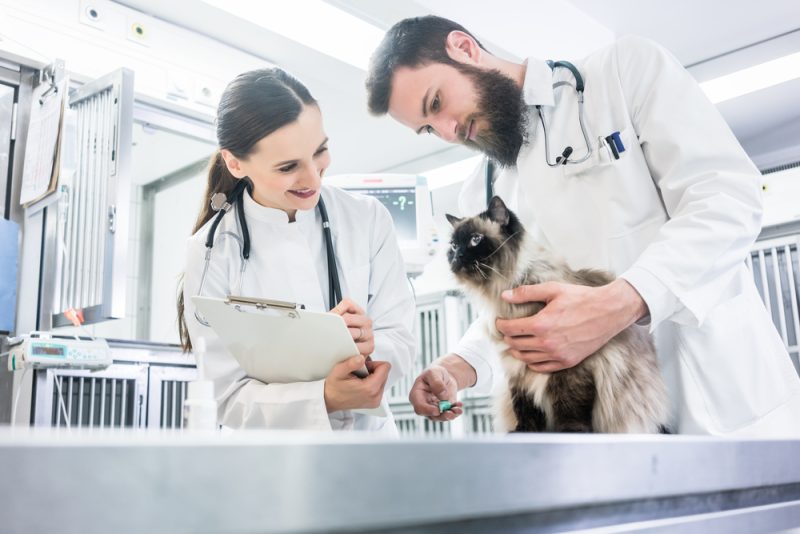

Conclusion
Cat and kitten vaccinations are vitally important to the continuation of your cat’s health. Without them, many cats can get very sick and even die from preventable diseases. Because several diseases are spread via close contact with other cats, multi-cat households are at a higher risk of one of their cats getting sick. Vaccinating cats is very important to protect them from these easily spread illnesses.
However, indoor-only cats should also be vaccinated. The vaccine prices vary depending on your location and the type of vet you visit.
Related Read:
- How to Get a UK Pet Passport: An Expert Guide
- What’s the Price of Spaying or Neutering a Cat in the UK
Featured Image Credit: Africa Studio, Shutterstock
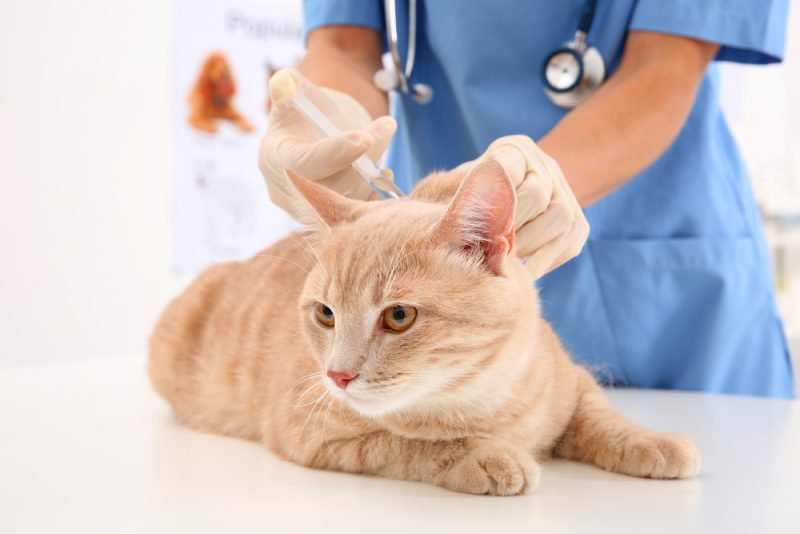


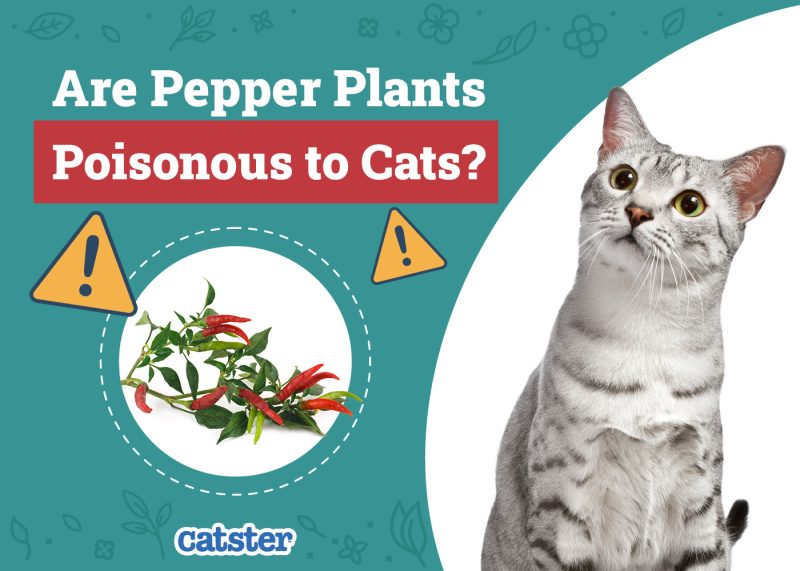
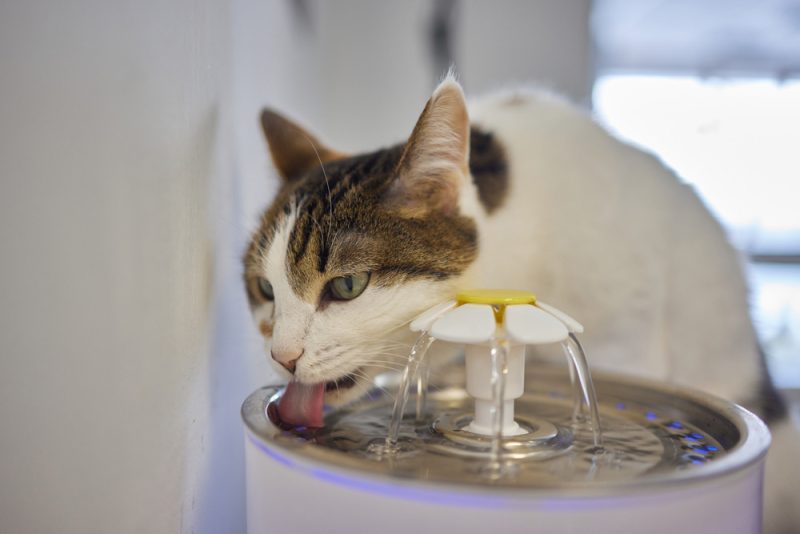
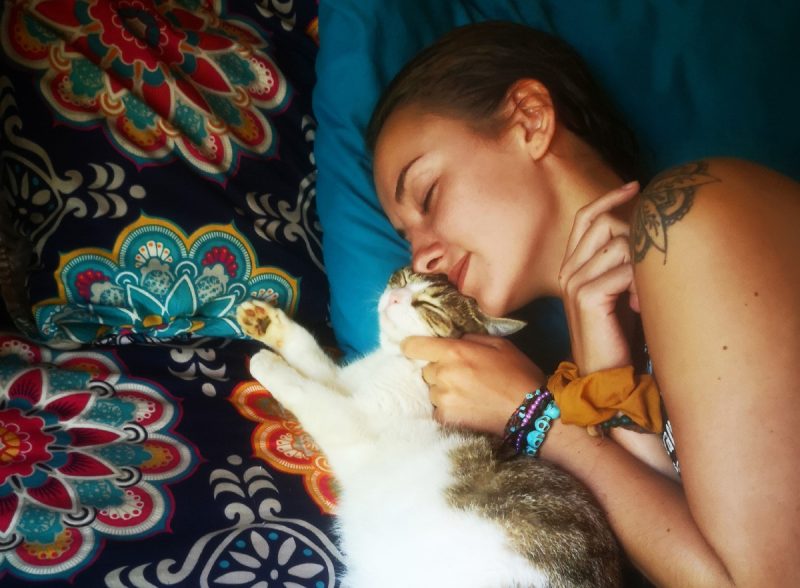
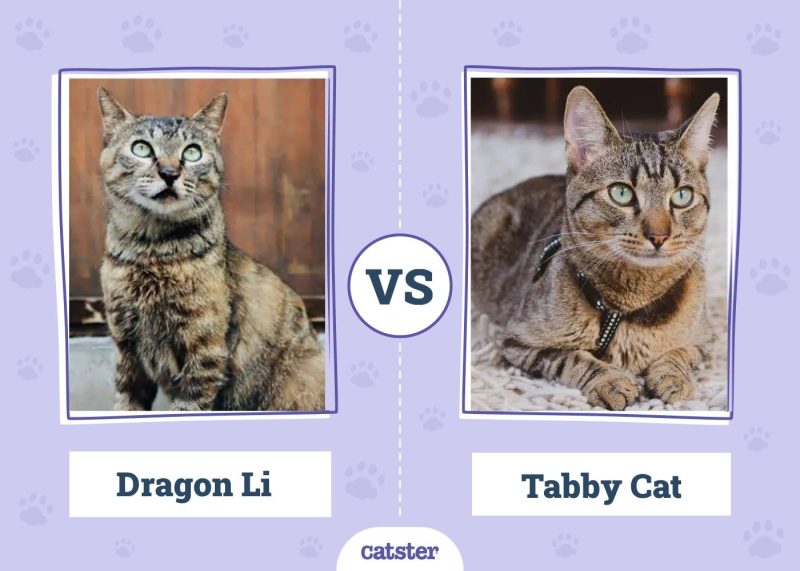
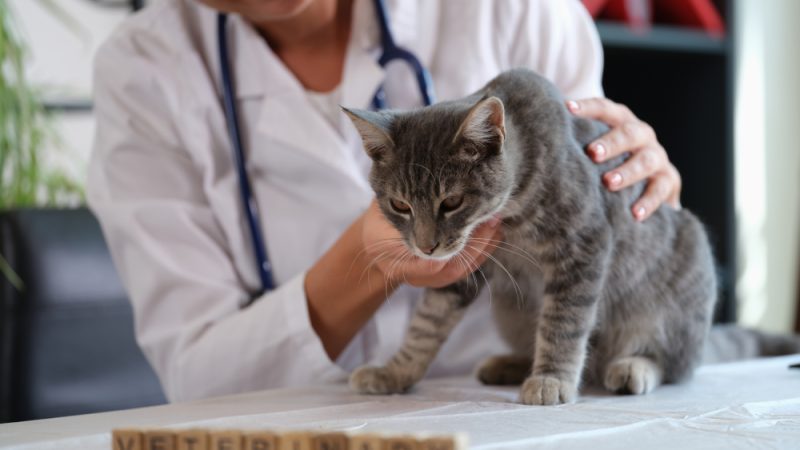
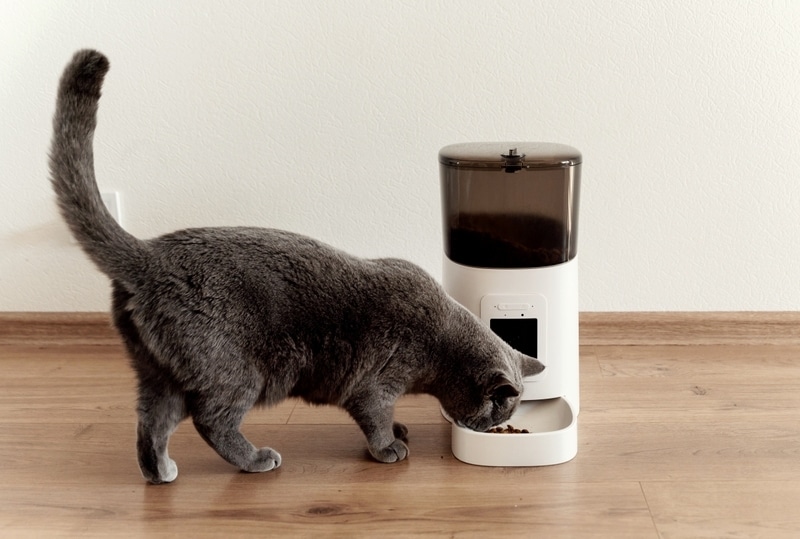

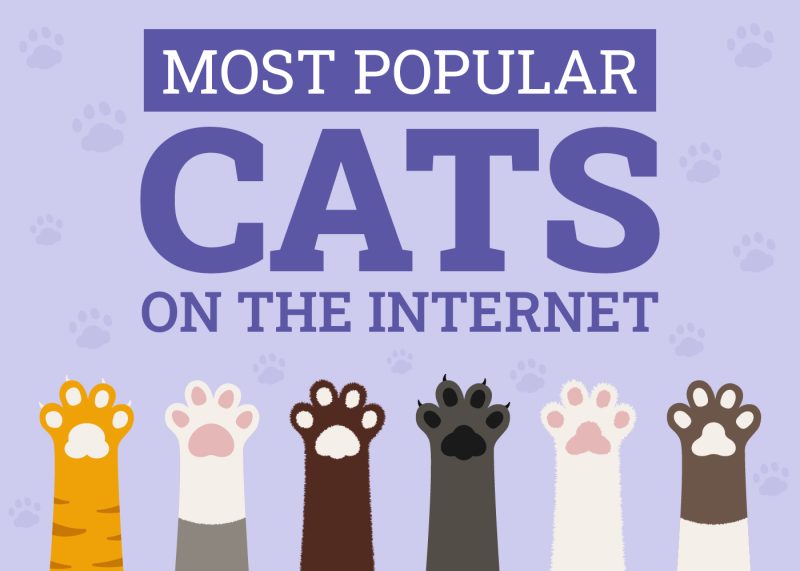

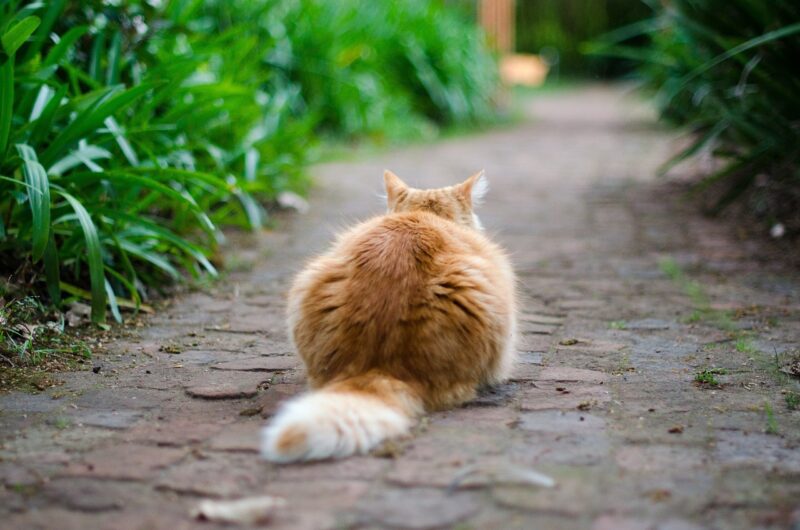
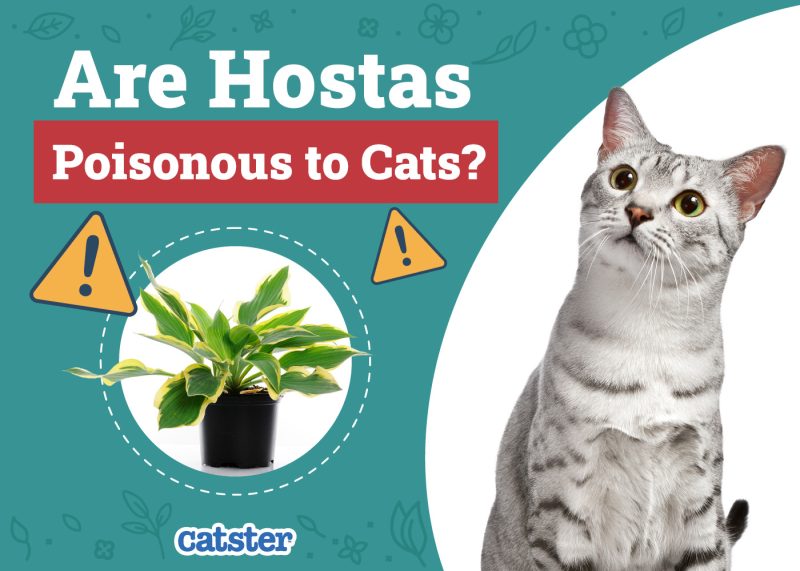

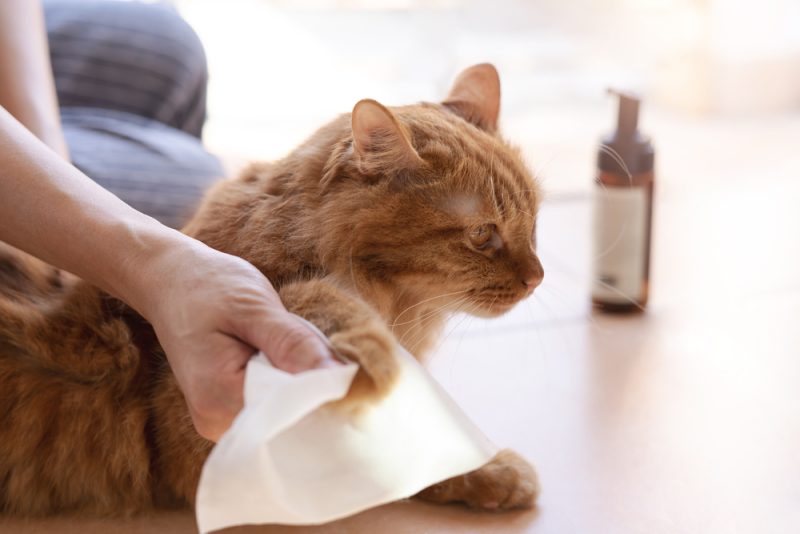
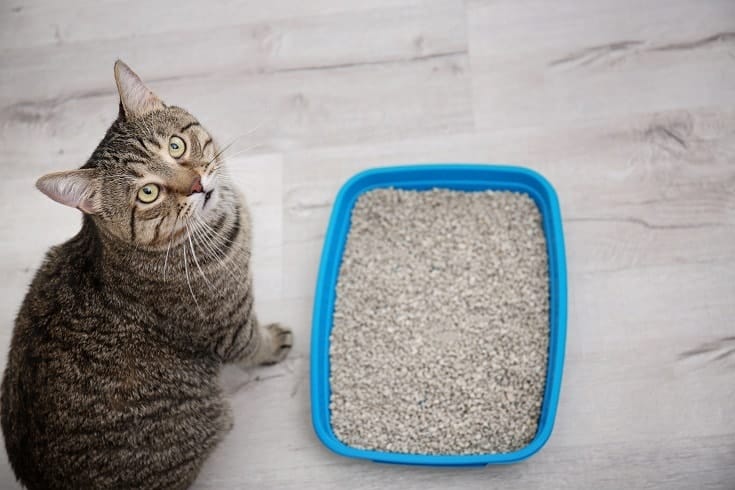

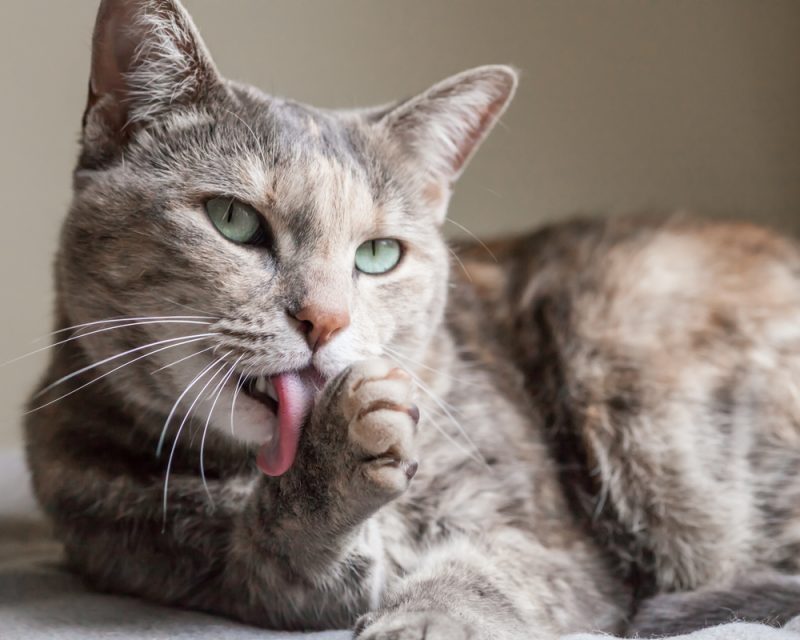



2 Responses
ChatGPT said:
This comprehensive guide to cat and kitten vaccination costs in the UK offers valuable insights for pet owners looking to protect their pets against preventable illnesses like Feline Leukemia Virus, Calicivirus, and FIP. With pricing varying by region and clinic type, understanding what to expect—and the importance of maintaining vaccination schedules—is essential for budgeting and long-term pet health. It’s also helpful to see the breakdown between standard vet clinics, charity services, and specialized cat-only facilities.
Preventative care like this plays a key role in reducing long-term healthcare costs and improving outcomes for pets across all demographics. These trends align closely with broader shifts in the global veterinary market, where demand for disease prevention and affordable vaccine options is growing. For a deeper look into how this sector is evolving, especially in terms of innovation and access, this veterinary vaccines market analysis offers useful context.
As vaccine awareness improves and pet ownership continues to rise, ensuring access to reliable and affordable vaccination services will remain a core focus for both the veterinary industry and public health stakeholders.
Glad AI likes our guide, hopefully you do too! :)